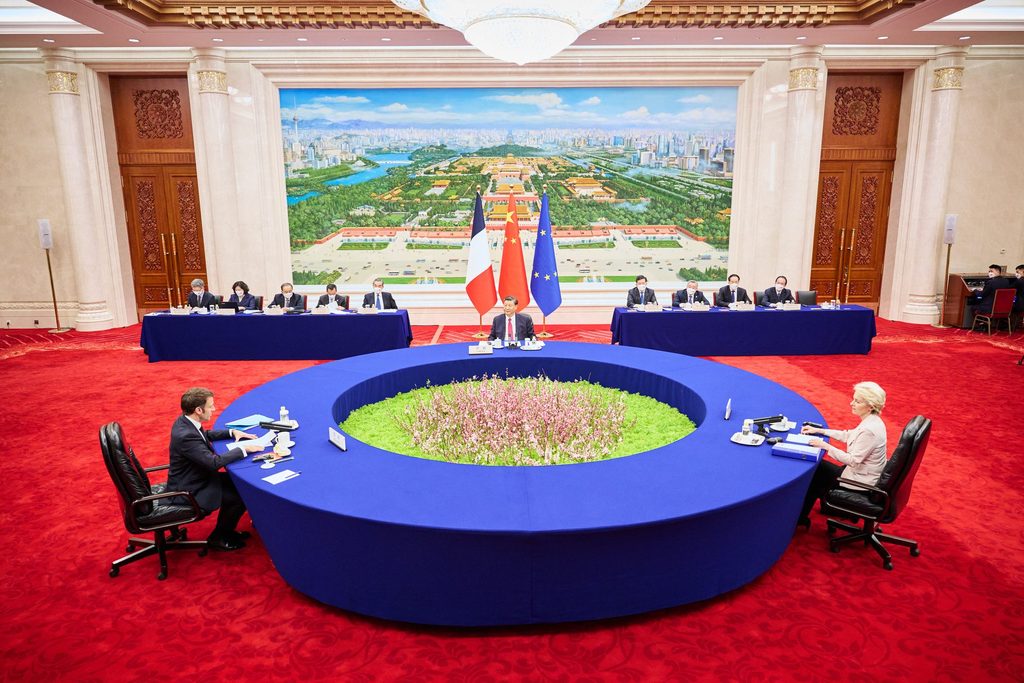Europe will not be able to escape the consequences of a trade war between the United States and China, a leading Belgian economist has warned.
In an interview with l'Echo, Koen De Leus, the Chief Economist at BNP Paribas Fortis, Belgium's largest bank, also argued that the war in Ukraine and the lingering effects of the Covid-19 pandemic have contributed to a "slowdown in globalisation" which has led countries to prioritise their own "economic sovereignty".
"Started by Donald Trump, the trade war between the United States and China has not weakened with Joe Biden," he explained. "On the contrary, it has intensified and even spread to other countries, thus putting a brake on the movement of globalisation of the economy which started after the fall of the Berlin Wall."
"Europe will not escape the trade war with China either. Economic sovereignty has become a major concern that the pandemic and the war in Ukraine have only strengthened," he added.
A 'new era' of globalisation?
De Leus emphasised that government policy is not the only reason for this "new era" of globalisation. In particular, he argued that the maintenance of global supply chains and the offshoring of production are becoming increasingly difficult owing to various "technological and physical limits."
"It is especially in China that [offshoring] has begun to reach certain limits," he said. "Labour is no longer as cheap there as it used to be, while the level of productivity still remains significantly lower than ours. Added to this is the cost of transport, which, with rising energy prices, will continue to weigh on international trade."
Related News
- Belgium at 'real risk of deindustrialisation', leading CEO says
- Europe is becoming a US 'vassal', leading think tank warns
Worryingly, De Leus predicted that China's current "advantage" over Europe in the automotive industry will likely induce European policymakers to implement protectionist legislation in the near future, thereby exacerbating tensions with Beijing.
"The Chinese are now manufacturing and exporting more electric cars than Europeans," he said. "As they have an advantage over us, we can expect layoffs in the European automotive industry. This will push the European authorities to intervene to protect our industry. This is clearly a conflict in the making."

